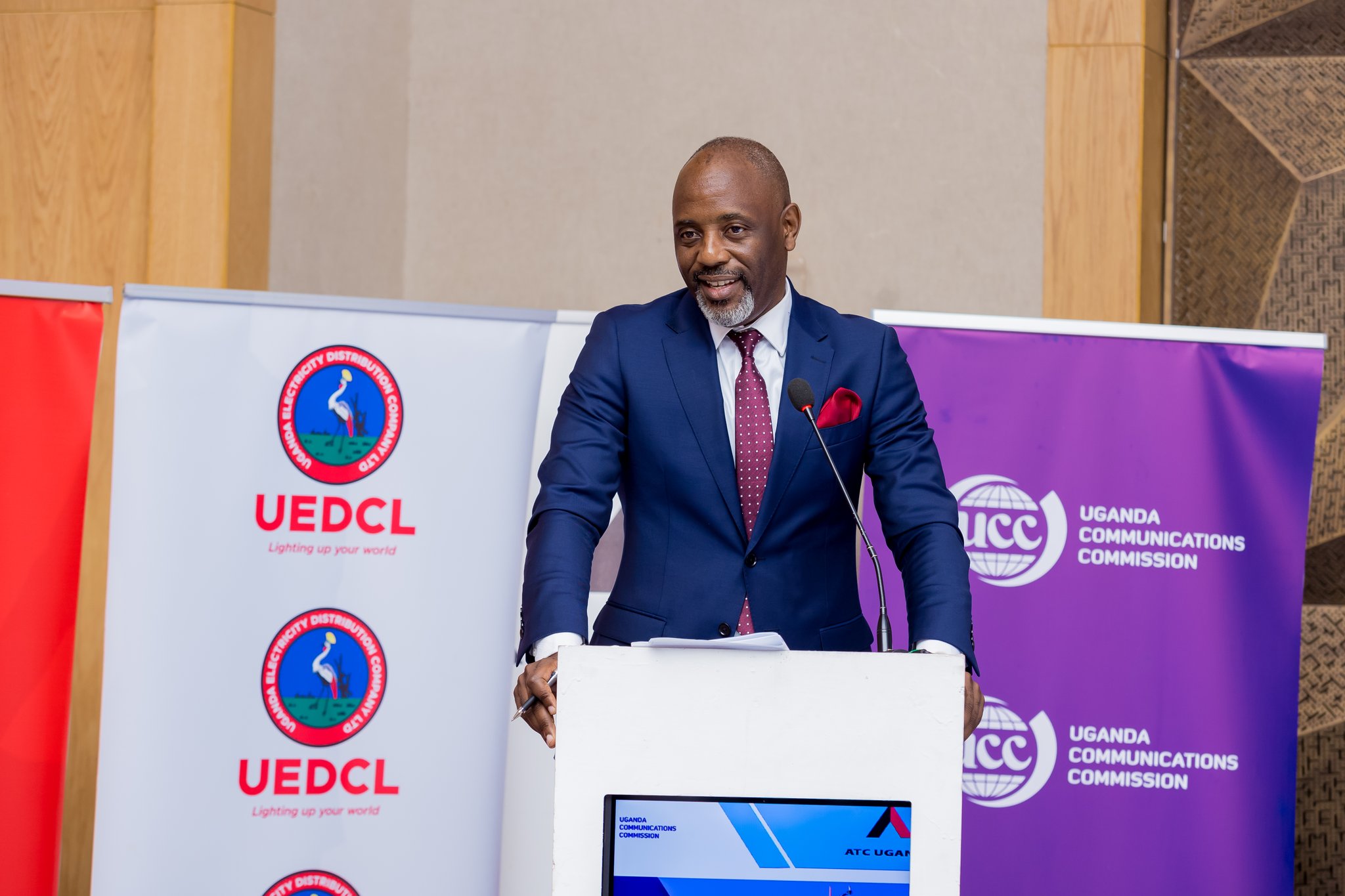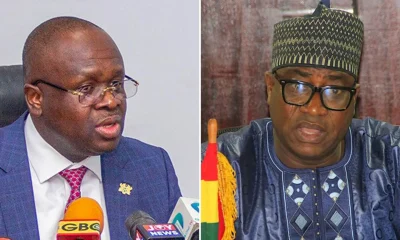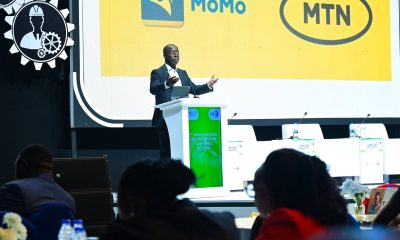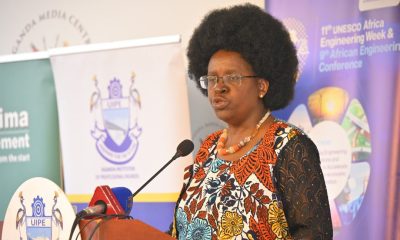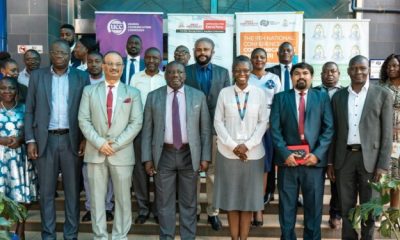He noted that while the private sector is expected to extend telecommunications infrastructure to meet the 90% geographical coverage obligation under the National Telecom Operator (NTO) license, this cannot be achieved without strategic and harmonised infrastructure development. He pointed out that smart grid management technologies—critical for efficient energy distribution—will largely depend on the expansion of telecom networks, yet many telecom sites continue to depend on expensive, less reliable off-grid energy solutions.
Muvawala emphasised that commercial arrangements discourage further investment by telecom firms, explaining that companies that finance grid extensions are often required to hand over the infrastructure to distribution companies, only to later pay commercial tariffs for the electricity they use. This, he argued, creates a disincentive and limits scalability.
Highlighting the value of private sector contributions, Muvawala cited ATC Uganda’s investment in over 2,000 kilometres of grid power extension to hundreds of telecom sites, resulting in improved uptime, increased data usage, and growth in mobile money activity in the connected regions.
He also acknowledged the company’s construction of 1,000 kilometres of roads to improve access to remote sites and local businesses, with energy payments to grid providers in 2025 projected to exceed Shs 906 million. He called for policies that reward such contributions and encourage other companies to follow suit.
Muvawala further warned of gaps caused by the “silo approach” in government ministries, departments, and agencies, where limited engagement among stakeholders and weak prioritisation of interventions undermine efforts to deliver on national development goals.
He stressed the importance of practical, proof-of-concept projects that demonstrate the benefits of coordinated planning and execution. While acknowledging that the programme-based approach to planning and budgeting has helped reduce these silos, he said prioritisation and sequencing of interventions remain a challenge that must be addressed.
Henry Kerali, former World Bank Director for West Africa, reinforced the call for deeper public-private partnerships, saying such collaborations could generate transformative impacts not only in ICT and energy but also in sectors such as health, education, and social welfare.
The forum closed with a consensus among participants that bridging Uganda’s digital divide will require a deliberate integration of digital transformation efforts with sustainable energy development, ensuring that rural and underserved communities are fully included in the country’s socio-economic progress



